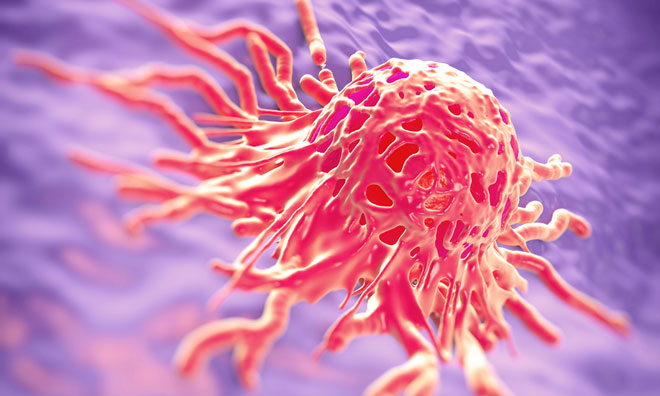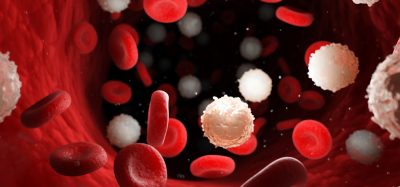Pancreatic cancer suppressed by humanised anti-CKAP4 antibody
Posted: 29 August 2024 | Drug Target Review | No comments yet
The humanised antibody, Hv1Lt1, showed promising results in pancreatic cancer mouse models.


Pancreatic is one of the most aggressive forms of cancer
Scientists at Osaka University have developed an anti-cytoskeleton-associated protein 4 (anti-CKAP4) antibody, which prevents the Dickkopf 1 (DKK1) protein from activating the DKK1-CKAP4 pathway enabling cancer cell growth and proliferation. This may be a promising therapeutic solution for pancreatic cancer.
The CKAP4 cell receptor is activated by DKK1 to promote tumour growth. Typically, high levels of DKK1 and CKAP4 in patients denote malignant transformation and an undesirable outcome. Therefore, the team aimed to target the DKK1–CKAP4 pathway to develop a novel therapeutic strategy. Lead author of the study Ryota Sada elucidated: “We started with a recombinant mouse antibody. Our challenge was to develop a humanised form of this antibody that could achieve the same effect as that achieved in mice models and be safely used in humans.”
First, the team ensured that the recombinant anti-CKAP4 antibody inhibited DKK1–CKAP4 signalling and tumour formation in lab mice that had received human tumour-cell transplants. They then used the recombinant antibody as a base to generate the humanised antibody: Hv1Lt1.
Biomarkers aren’t just supporting drug discovery – they’re driving it
FREE market report
From smarter trials to faster insights, this report unpacks the science, strategy and real-world impact behind the next generation of precision therapies.
What you’ll unlock:
- How biomarkers are guiding dose selection and early efficacy decisions in complex trials
- Why multi-omics, liquid biopsy and digital tools are redefining the discovery process
- What makes lab data regulatory-ready and why alignment matters from day one
Explore how biomarkers are shaping early drug development
Access the full report – it’s free!
It was observed that Hv1Lt1 could bind to CKAP4 more effectively than the original antibody. Also, Hv1Lt1 inhibited sphere formation. Akira Kikuchi, senior author of the study, added: “After we developed the humanised antibody, we tested it on several pancreatic mouse models, and the results were very promising.”
In mice that received pancreatic cancer transplants of mouse and human origin, the team discovered that Hv1Lt1 suppressed tumour formation. Furthermore, Hv1Lt1 aided the modulation of anti-tumour immune reactions. When testing the response of mouse models receiving a combination of Hv1Lt1 and chemotherapy drugs, the team found that the combination treatment worked better than only chemotherapy.
A key advantage of antibody–drug combinations is that they may overcome chemo-resistance by inhibiting the AKT (Protein kinase B) pathway. Additionally, the use of Hv1Lt1 with chemotherapy may lessen chemotherapy doses and their resulting toxicity.
This study was published in Cancer Science.
Related topics
Antibodies, Cancer research, Chemotherapy, Drug Targets, Oncology, Therapeutics
Related conditions
Cancer Research, Pancreatic cancer
Related organisations
Osaka University
Related people
Akira Kikuchi (Osaka University), Ryota Sada (Osaka University)








